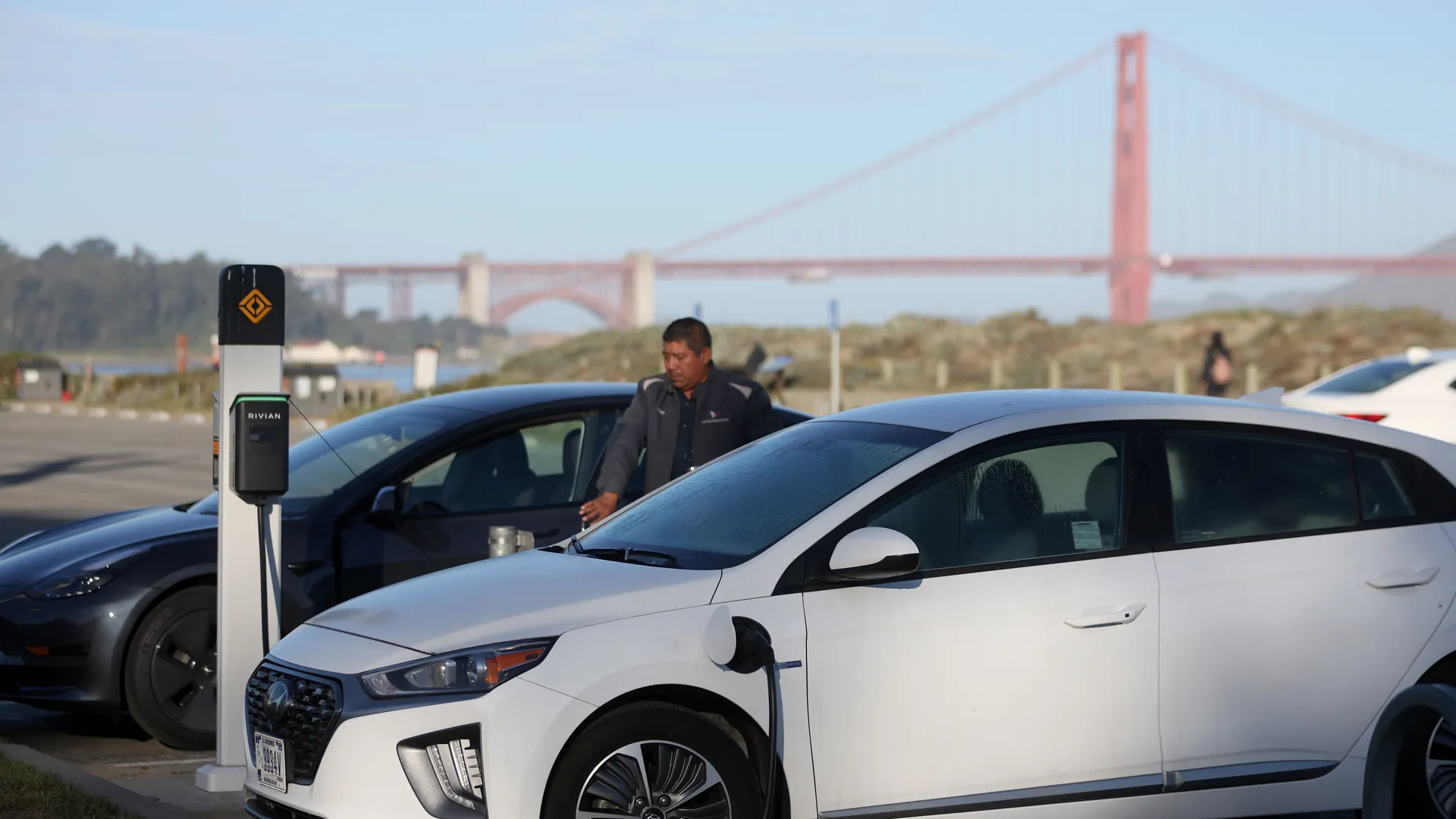Recent study indicates that electric vehicles are reducing the carbon footprint in the Bay Area

A recent study suggests that the Bay Area’s shift towards electric vehicles (EVs) is making a measurable impact on reducing the region’s carbon emissions.
Ronald Cohen, a professor of atmospheric science at UC Berkeley, explained the study’s focus on measuring changes in CO2 emissions from various sources. The research, conducted over a five-year period from 2018 to 2022, revealed a decrease of nearly 2% in total CO2 emissions, attributed largely to the significant increase in EVs on Bay Area roads. This reduction, while modest, was consistent and supported by data from an extensive air monitoring network.
The researchers acknowledged that improved overall vehicle efficiency has also played a role, but they believe EV adoption is the primary factor driving the decrease in emissions. This trend aligns with California’s ambitious environmental goals, including achieving net-zero emissions by 2045. While the current reduction rate is about halfway towards this goal, Cohen emphasized the need to accelerate efforts as the deadline approaches.
In San Francisco, where the city aims to achieve net-zero emissions by 2040, approximately 37% of new vehicle purchases in 2023 were electric. Joseph Piasecki from the San Francisco Environment Department highlighted the city’s proactive approach, including plans to install 5,000 EV chargers by 2030 to meet the growing demand for electric vehicles.

